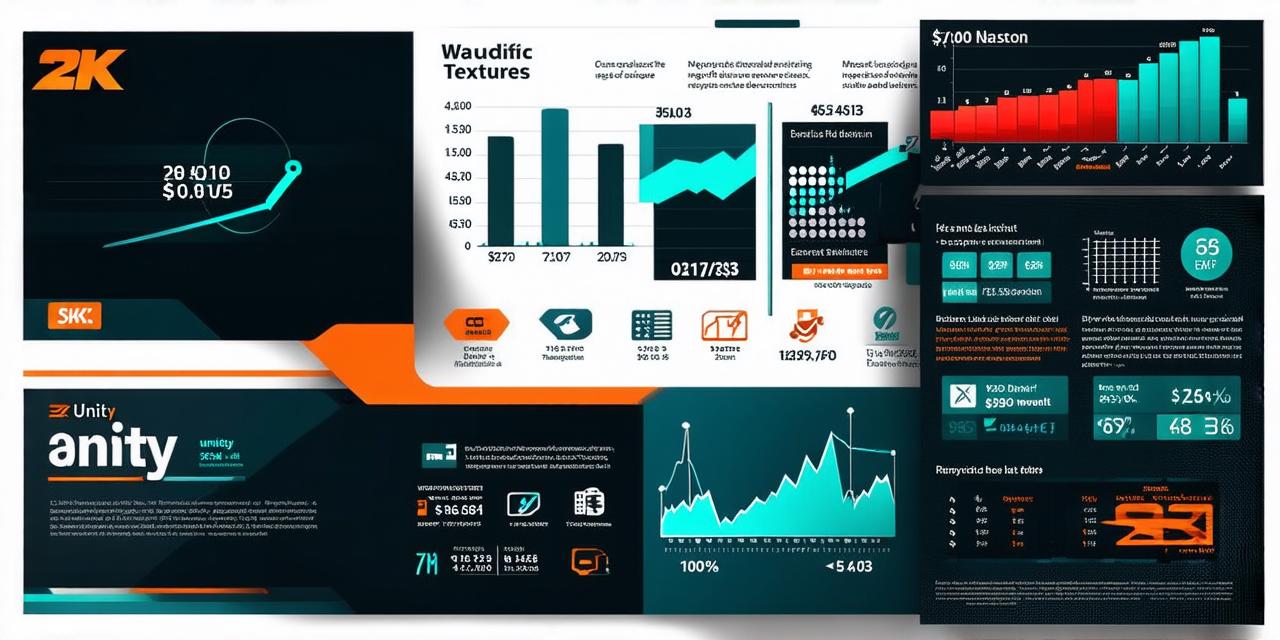Market Overview
Before diving into the specific factors affecting Unity Software’s stock price, it’s important to understand the current state of the gaming industry. The global gaming market is expected to reach $295 billion by 2030, growing at a CAGR of 14% from 2021 to 2030. The increase in the number of mobile gamers and the adoption of cloud-based gaming services are some of the key factors driving this growth.

Unity Software’s Market Position
Unity Software is a leading player in the gaming industry, with a market capitalization of $31.6 billion as of August 2021. The company provides a cross-platform game development platform that allows developers to create games for multiple platforms, including mobile, console, and PC. Unity Software’s platform has been widely adopted by game developers worldwide, with over 50% of the top 1000 mobile games developed using Unity.
Decline in Stock Price
Despite its dominant position in the gaming industry, Unity Software’s stock price has declined over the past year. The decline in stock price can be attributed to several factors that have affected the company’s growth and profitability.
1. Competition from Other Game Development Platforms
One of the key factors affecting Unity Software’s stock price is competition from other game development platforms. Epic Games, the creator of Fortnite, has been gaining market share in recent years with its own game engine, Unreal Engine. In addition, other game development platforms such as Unigine and CryEngine are also offering similar services to game developers.
2. High Valuation
Unity Software’s stock price was trading at a high valuation relative to its peers, which contributed to the decline in stock price. The company’s market capitalization was higher than other leading gaming companies such as Take-Two Interactive and Electronic Arts. This high valuation made investors hesitant to invest in Unity Software’s stock, leading to a decline in stock price.
3. Slower Growth
Unity Software has seen slower growth in recent years compared to its earlier years. In Q2 2021, the company reported revenue of $97.6 million, representing a 14% increase from the same period last year. While this growth rate is still impressive, it’s lower than the 25% growth rate reported in Q2 2018. This slower growth has contributed to investor concerns about the company’s future prospects.
Summary
In conclusion, Unity Software’s stock price decline can be attributed to several factors, including competition from other game development platforms, high valuation, and slower growth. While the gaming industry is expected to continue growing in the coming years, investors are becoming more cautious about investing in Unity Software due to these factors. As a result, it remains to be seen whether Unity Software’s stock price will recover or continue its decline in the future.
